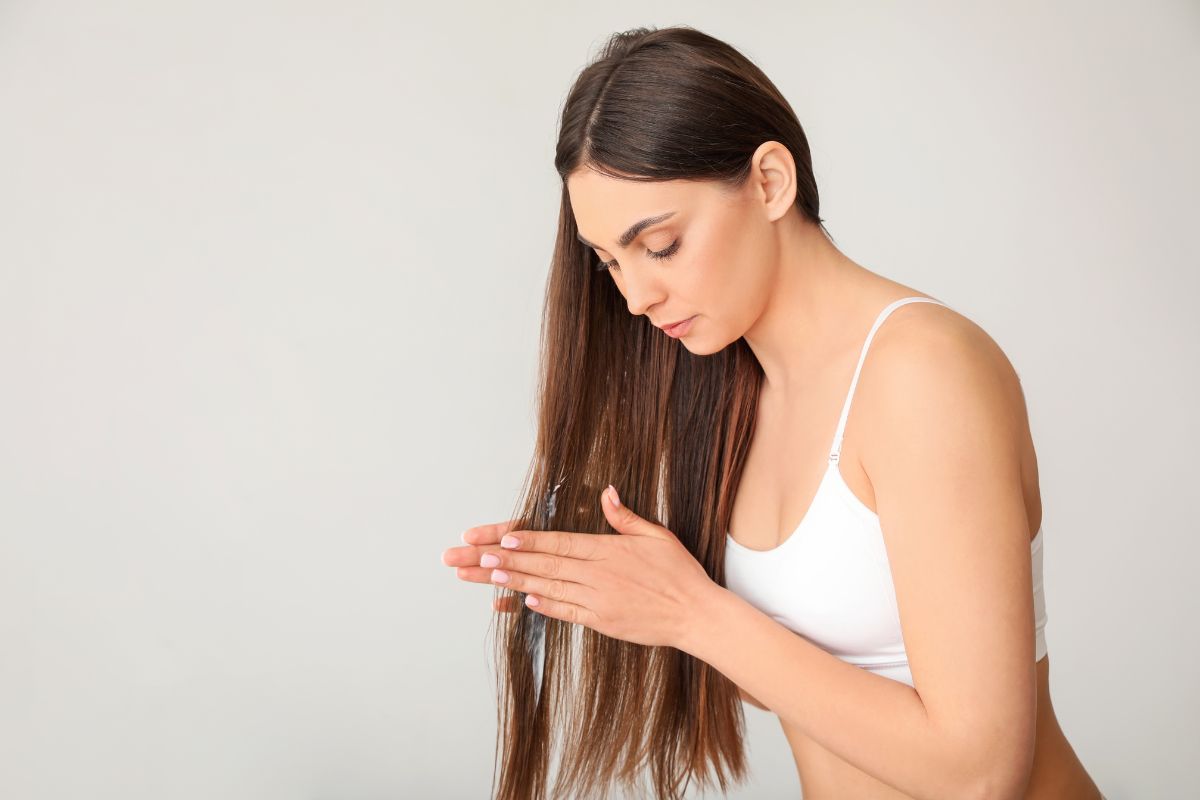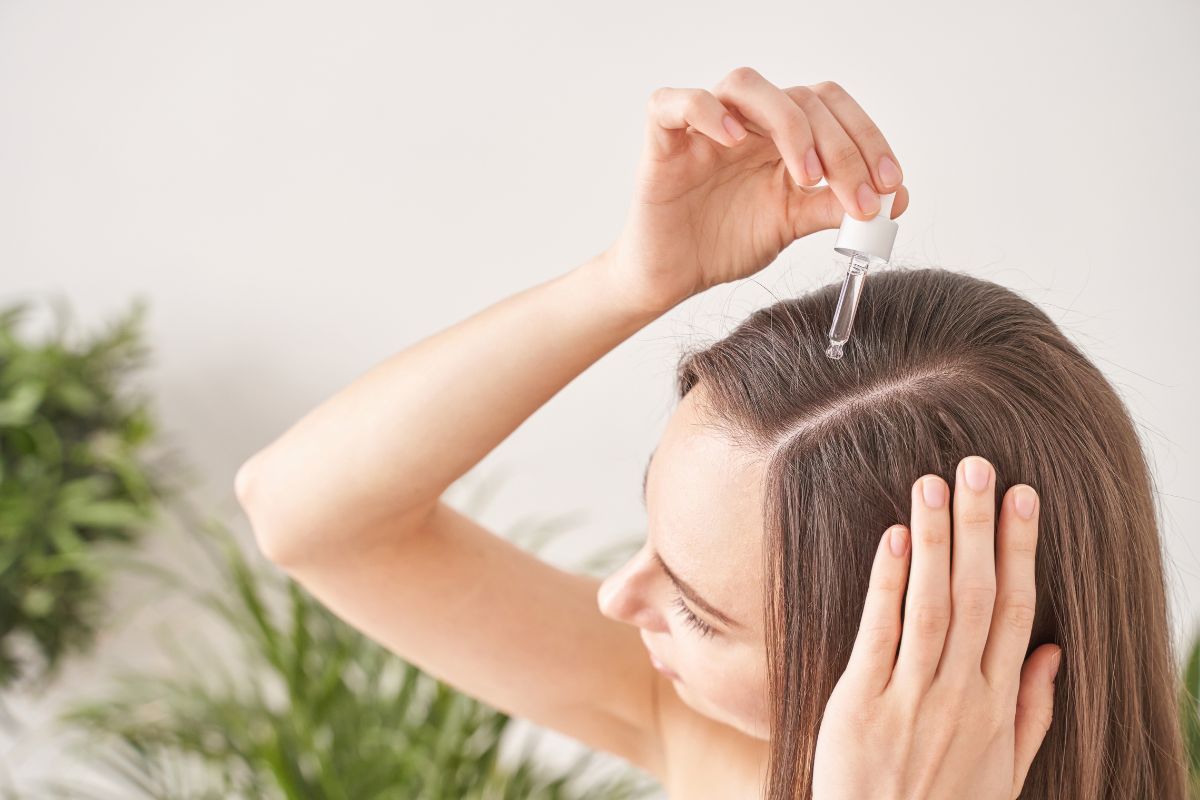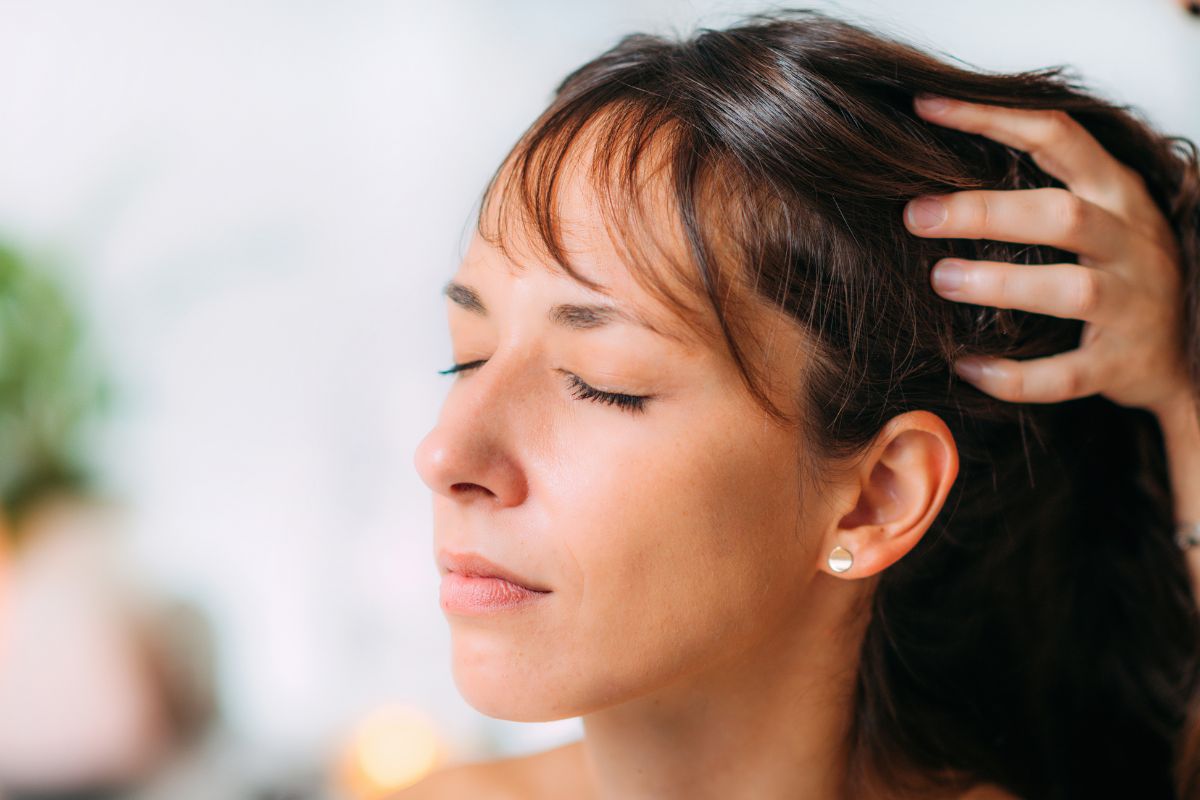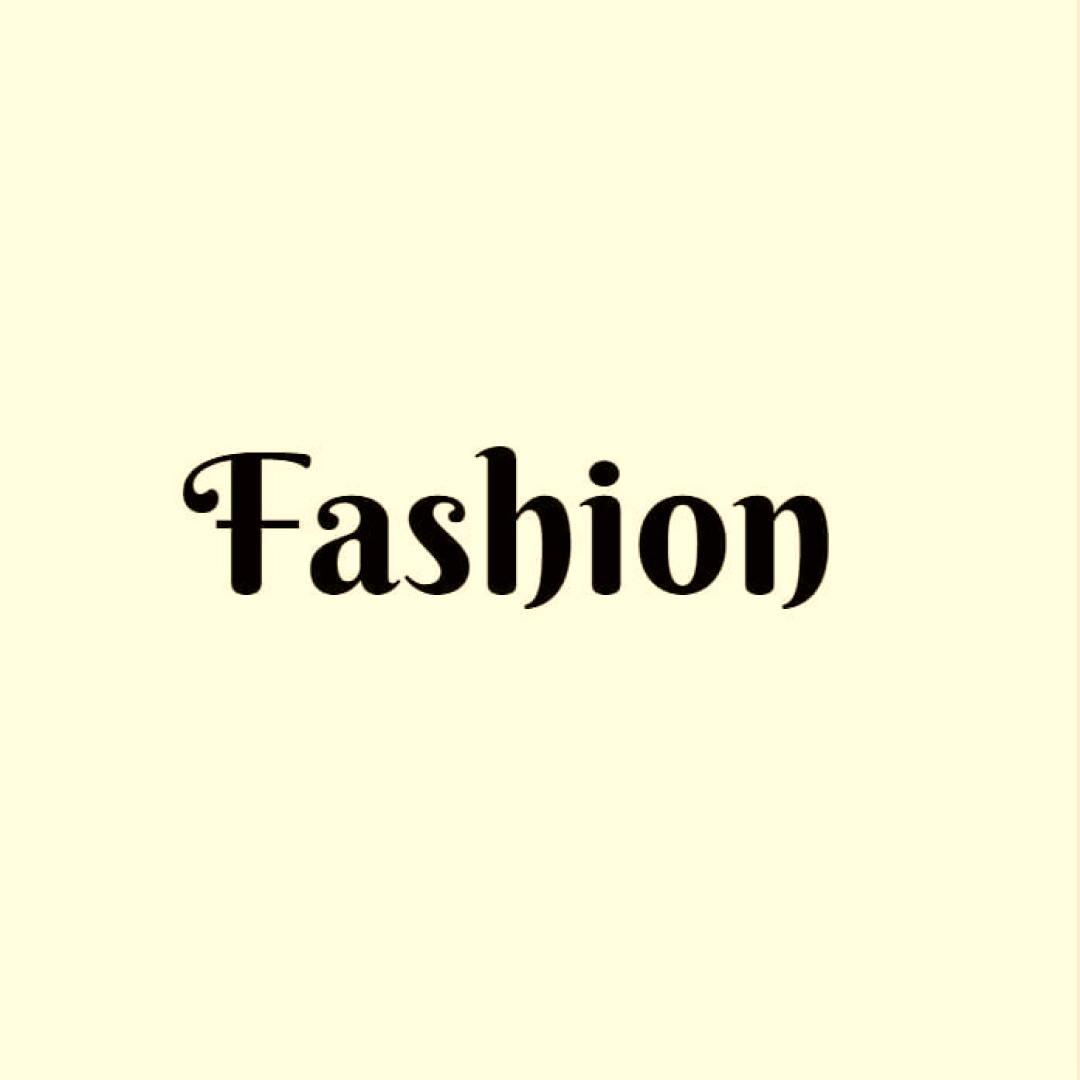Whether you’ve come across it online or been told by your grandmother, the advantages of oiling hair are recommended as a universal remedy for issues like dull hair, split ends, and relaxation.
You’ve likely been given this piece of advice by numerous individuals; mothers, grandmothers, relatives, friends, doctors, and perhaps even a stranger or two.
We consulted experts to address our inquiries – does oiling hair still provide the same amazing benefits as promised by grandmothers, or does it have negative effects?
Table of Contents
What Does Oil Do?
If you have a hair oil in your Haircare routine or are considering getting one, you may be curious about the advantages of using oil on hair.
Additionally, what are the specific effects of using hair oil on our delicate hair and why is it essential for achieving fantastic hair? Allow us to assist you with this…
1: Rejuvenate Your Dry Hair
Hair oil is a dependable product that can always be counted on to rejuvenate dry hair, making it less fragile and more flexible. What more could we possibly request?
We have gathered the key advantages that come from applying oil to your hair as a reminder of hair oil’s purpose and to emphasize its importance in our hair care regimen.
2: Can Strengthen Your Hair
Oil for hair strengthens hair strands. Every day, we expose our hair to damage, whether it’s from a fast blow-dry or tying it up tightly in a ponytail, causing more harm than initially realized.

Hair oil functions by oiling the hair strands to create a protective outer layer that shields them from damaging factors. Hair oil acts as a protectant from heat damage caused by styling, a common practice among many of us.
3: Can Help You Hydrate Hair
Hair oil hydrates hair and combats frizz. Oiling hair provides a clear advantage by moisturizing dry strands and controlling frizz with a small coin-sized amount of hair oil.
This is achieved by forming a protective shield around the hair strands to block moisture from escaping, thus avoiding the dull and dry look of the strands.
4: Nourishes Your Hair
The scalp is frequently disregarded when it comes to maintaining healthy hair, but it’s clear that a content scalp can promote the health of your hair.
Some benefits of hair oil work wonders on the scalp. Hair oils with these ingredients can possess antibacterial and antifungal qualities which can safeguard your dry scalp from accumulation.
- Oil made from coconuts
- Oil made from olives
- Oil derived from the Amla fruit.
- Argan oil, along with other oils, can assist in regulating the natural production of sebum on your scalp, potentially aiding in maintaining the moisture balance of your scalp.
5: Keeps Your Hair Moisturized
One of the most attractive advantages of hair oiling is its ability to provide moisture and reduce frizz. It can be irritating when anti-frizz products don’t last long and result in heavy hair.
Argan oil and castor oil are both hydrating oils that are light and won’t make your hair feel heavy when moisturizing it.
Haircare oils prevent loss of moisture by sealing it in and keeping humidity from penetrating. Like a smoothing shampoo and smoothing conditioner, other products can also aid in controlling frizz, allowing you to prevent the need to smooth down any unruly stray hairs.
How Do You Use Hair Oil: Mistakes to Avoid

1: Applying too Close to Your Scalp or Roots
Using oil too near your scalp can make your hair appear flat and dull if your hair is thin or straight. What is the reason for this?
This is because your scalp generates a substance called sebum. Because your roots are situated near your scalp, they are naturally well-hydrated due to the presence of sebum.
Putting any kind of oil on your hair will only make it heavier. Additionally, the act of oiling on your scalp can block pores, resulting in acne and potential hair loss.
The one exclusion is using a quality hair oil product designed for the scalp and roots, such as the thickening sprays with peppermint oil that encourages growth.
2: Use too Much Oil
When dealing with oil, having an excess can be harmful. It is important to begin with something minor. Don’t forget, you always have the option to include additional items!
Our suggestion is to begin by using a small amount of quality hair oil, equivalent to the size of a pea. If your hair continues to feel dry, apply a small amount more.
3: Using Something that’s Unsuitable for Your Hair
Using an incorrect oil for your hair can result in outcomes that are not optimal. If you apply dry oil to dry hair, it will not make your hair feel smooth and hydrated.
Similarly, applying a thick oil on fine hair will result in oily, limp hair. Refer to the list provided above to find the top hair oils available.
How Do You Choose Hair Oil?
Since we cannot physically accompany you as you browse through the haircare aisles, it can be daunting to choose the right product. When choosing your hair oil product, begin by searching for these specific factors:
Light hair oil can be too heavy, causing hair to lose volume and its natural lift. Search for lightweight formulas, particularly if you have thin hair.
Using a hair oil should not result in leaving your hair feeling oily if that is not what you intended. A good hair oil should complement your natural oils, helping to maintain the balance of your hair, resulting in a soft and smooth texture.
Ensure your hair oil is benefiting you. Ingredients found in nature are excellent sources of nutrients, however, adding additional vitamins and minerals to hair oil can provide extra benefits in nourishing and hydrating your hair.
Silicones and sulfates may create a smooth surface on your hair, but they could also block essential nutrients from penetrating. Seek hair oil without these artificial ingredients to guarantee that your hair type can receive the nutrients present in the natural oil.
The Bottom Line: Using Hair Oil in the Correct Manner
There are various methods in which you can utilize hair oil. Before drying, make sure to apply a few drops of oil evenly along the lengths and ends of your wet hair to seal in moisture.
Hair oil can be used on dry hair to tame frizz and flyaways, and it works well at giving curls and waves a shiny finish. The frequency of hair oil application should be determined based on your hair type and specific requirements.
Certain individuals use a couple of drops whenever they shampoo, while others only use the oil when their hair is extremely dry. Hair oil’s high potency means only a small amount is needed.
















